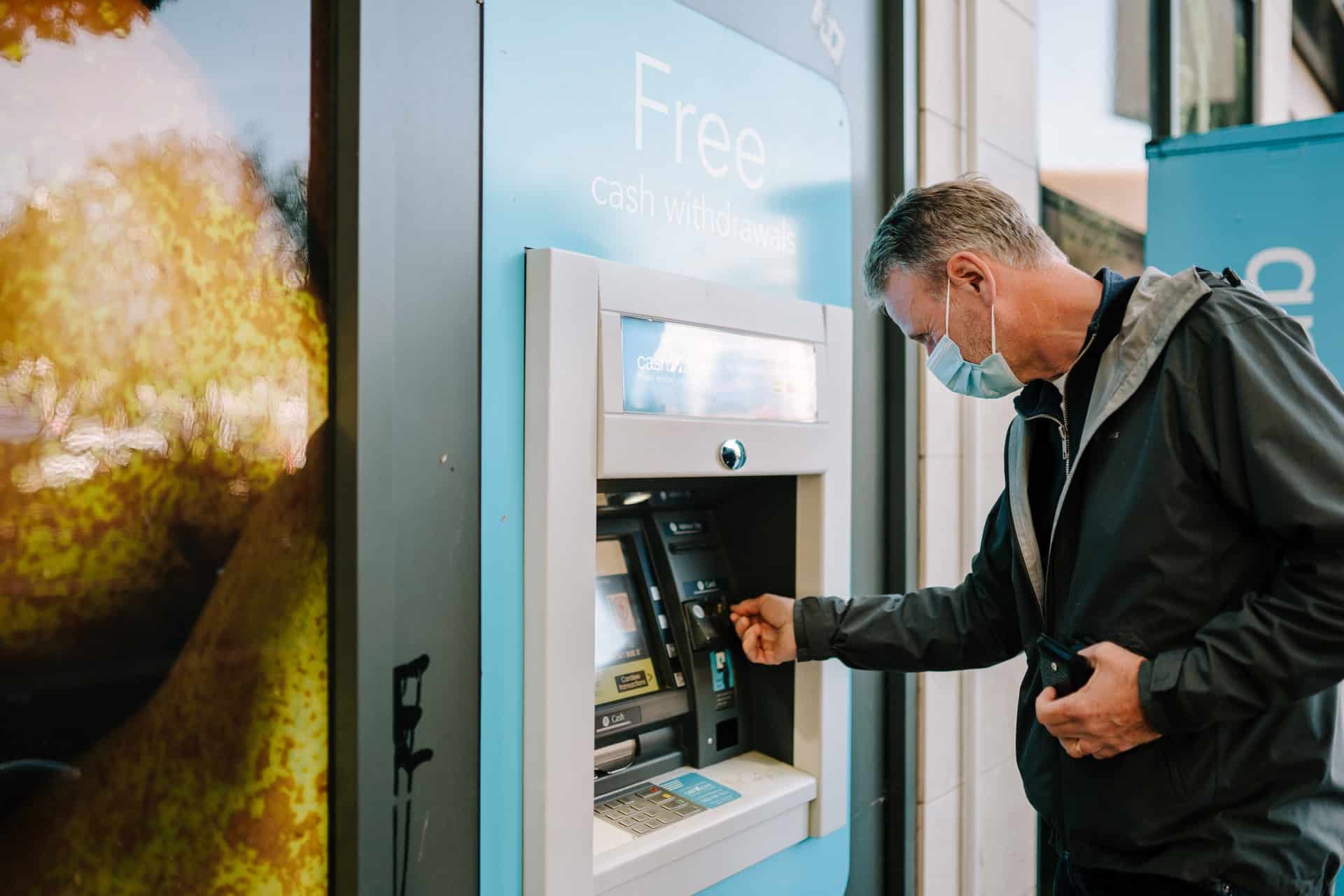A bank can freeze your account for as long as needed to resolve the issue. The amount of time it takes to remove an account freeze depends on the reason. The average holding period when an account is frozen is 2 to 3 weeks.
Suppose your bank freezes your account due to insufficient funds. In that case, you can restore your account by simply adding funds to your checking account. If your bank account was frozen due to a court judgment, resolving the issue will be more complicated and take more time.
Below you will find out more information about bank account freezes, including different causes and resolutions.
What is a Frozen Account?
A frozen account is when all or partial funds cannot be withdrawn or transferred from an account—essentially any activity going out of the account is paused.
Account freezes are usually initiated for specific reasons, such as suspected fraudulent activity, identity verification issues, unpaid debts, court orders, tax liens, or compliance with regulatory requirements like anti-money laundering (AML) laws. While the freeze is in place, the bank investigates the issue, and access is restored only when the underlying concern is resolved. However, account holders generally retain the ability to contact the bank, dispute the freeze, and provide documentation to expedite the process.
What Causes a Frozen Bank Account?
Financial institutions like banks regularly monitor accounts for suspicious or illegal activity. And if anything is flagged, these financial institutions have the right to freeze accounts. Various activities may result in a frozen bank account, such as bad checks, unpaid debts, suspected money laundering, and suspected terrorist financing.
Bad Checks
Your bank can restrict your account when you have no money, and your account gets overdrawn. Suppose you write a check, and the recipient cashes it when you have a low balance. The check will bounce, and your account will become negative. Bounced checks, or bad checks, can warrant account freezes. Once you add money to your bank account and fix the negative balance, your bank will remove the temporary freeze.
Unpaid Debts
If you have unpaid debts, creditors or debt collectors may issue a lawsuit and summon you to federal court. If you receive a court judgment, the judgment creditor can initiate an account freeze to pressure you into paying the outstanding debt.
Fraudulent Transactions
When a bank notices suspicious transactions, it will freeze a customer’s account to investigate. For example, a substantial deposit may cause a bank to suspect illegal activity, such as money laundering. The financial institution will attempt to trace direct deposits to ensure criminal enterprises do not supply the money. If the bank’s fraud department thoroughly investigates the suspicious activity and finds nothing amiss, you can expect a quick solution.
How To Unfreeze a Frozen Bank Account
If your bank account has been frozen, you may want to quickly release your money to get your life back on track. There are a few ways to recover bank accounts, such as vacating the judgment or fixing a negative account.
Add Money to Your Bank Account
A bank can freeze accounts if the account holder has insufficient funds. If you have money in your savings account, you can transfer money over to get your account out of the red. If you need a loan, consider a personal loan instead of something like a payday loan online.
To prevent an overdraft freeze in the future, you can inquire about overdraft protection. Overdraft protection is a service that links two accounts in the event of insufficient funds in your checking account. Suppose your account is overdrawn by $100. The bank would transfer that amount from your savings account to prevent a negative balance.
Vacating the Judgment
A motion to vacate is a written request asking if the judge can dismiss the court judgment. You can file for a motion to vacate by first consulting your defense attorney. The judge may rule in your favor if you provide the necessary information. A judge who sides with you will dismiss the case against you. At this point, the bank will unfreeze your account.
Call the Bank
If the bank froze your account because of suspicious activity, you could call to speak with a bank teller. The bank teller will connect you to the bank’s fraud department, who will ask you questions about your recent activity. It may be possible that you have been a victim of identity theft.
How to Prevent a Bank Freeze In The Future
There are definitely things you can do to prevent a bank account freeze. Here are some ways to practice safe and transparent banking:
- Monitor Your Accounts Regularly — Keeping track of exactly the activity on your bank account can ensure that you stay on top of any unusual or suspicious activity.
- Keep Your Information Up to Date — It’s extremely important to keep your personal information up to date with your bank. This can help prevent freezes and if your bank account is frozen, it’ll be much smoother to get through the verification process.
- Maintain Clear Financial Records — No matter what kind of financial transaction you plan to conduct, it’s important to have a paper trail (whether digital or physical). This will help if the bank requests documentation to unfreeze your account.
- Practice Proactive Communication With Your Bank — Letting your bank know of what may seem like an unusual activity for you, i.e. a substantial deposit, transfer, etc. you can prevent account flags and freezes.
FAQS: Frozen Bank Account
Here are some answers to frequently asked questions about bank freezes:
What Happens to Automatic Payments During an Account Freeze?
Unfortunately, in most cases, automatic payments will be declined during an account freeze. To avoid missed payments, pay those automatic bills manually while your account is frozen.
Can I Close a Frozen Bank Account?
No, you cannot close your frozen bank account, if you do want to close it, you will need to wait until after the freeze is resolved. Also, keep in mind that any unpaid debt in relation to the account will have to be repaid before account closure.
Can I Withdraw Money From a Frozen Account?
In most cases, you will not be able to withdraw money from a frozen account. There are some instances where a small amount of funds may be taken out, but that is usually the exception and not the rule.
Can I Make Bank Deposits With a Frozen Bank Account?
A bank account freeze prevents you from withdrawing non-exempt funds, but you can still receive and make deposits.
Does a Frozen Account Affect My Credit Score?
A restricted bank account does not affect your credit directly. However, it can definitely indirectly impact your credit. For example, if you are unable to pay your bills on time because of the freeze, that may impact your score. Or, If you have to take out a loan or use a credit card while waiting for your bank account to be accessible again, that can hurt your credit. Overall, you want to avoid a frozen account as it can usually harm your finances.
References:
What Should You Do If Your Bank Account Is Frozen? | Compare Remit
Frozen Bank Accounts | Nolo
Frozen Bank Accounts | SJ Consumer Law
Izzy is a copywriter and social media specialist at CreditNinja, specializing in personal finance and branded content. With six years of professional experience, her expertise includes fraud prevention, budgeting, debt repayment, and subprime lending. Izzy earned her Bachelor of Arts in English Literature in 2017.






